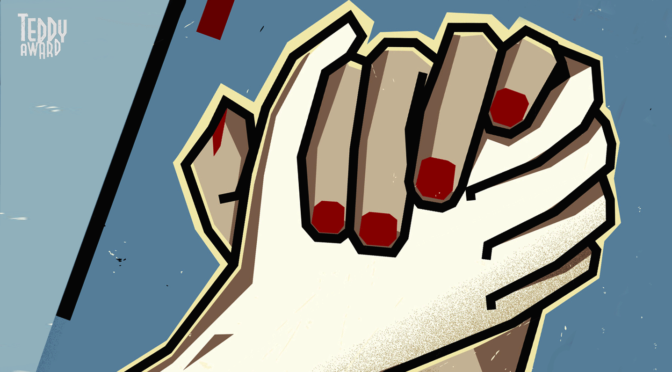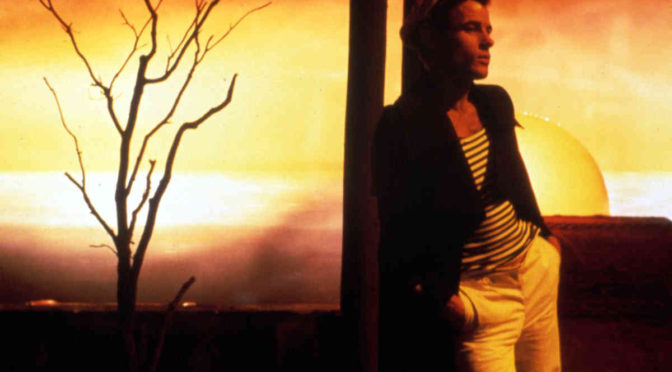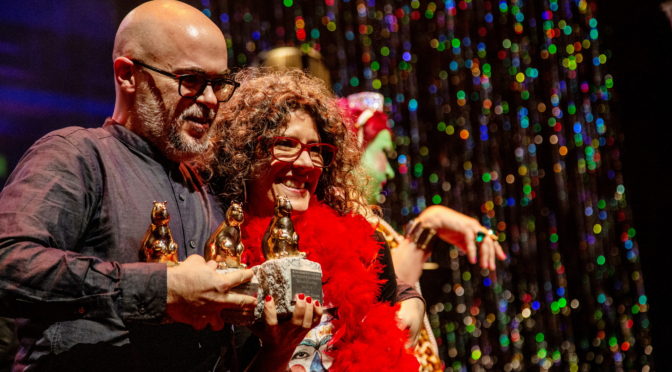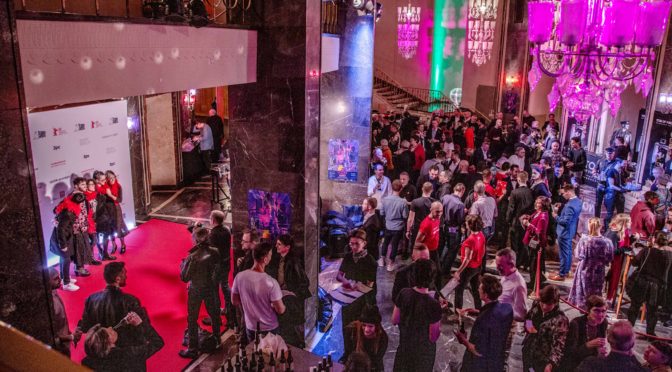CALL FOR NOMINATIONS
Award Description
In recognition of the life and courage of so many activists that have been struggling and even given their lives for the continued struggle of sexual and gender minorities around the world, the TEDDY AWARD has established the annual TEDDY Activist Award.
Inspired by the work of these activists, the award will recognize the leadership of individuals who strive to uphold the rights of sexual and gender minorities using visual media.
The award seeks to celebrate the courage and resilience of individuals who advocate for change in challenging circumstances and unsupportive policy environments.
Through visual and audio media, they communicate queer themes on a broad social level, contributing to tolerance, acceptance, justice and equality in society. In many parts of the world this means putting yourself and the ones around you in danger, facing rejection, marginalization, isolation and persecution.
The TEDDY Activist Award will be presented annually during the TEDDY AWARD Ceremony. The award will be accompanied by a one-time grant of € 5.000 donated by Harald Christ.
All applications must be submitted to the award coordinator by the deadline: 10 January 2020.
Continue reading The TEDDY ACTIVIST AWARD – Call for Nominations




